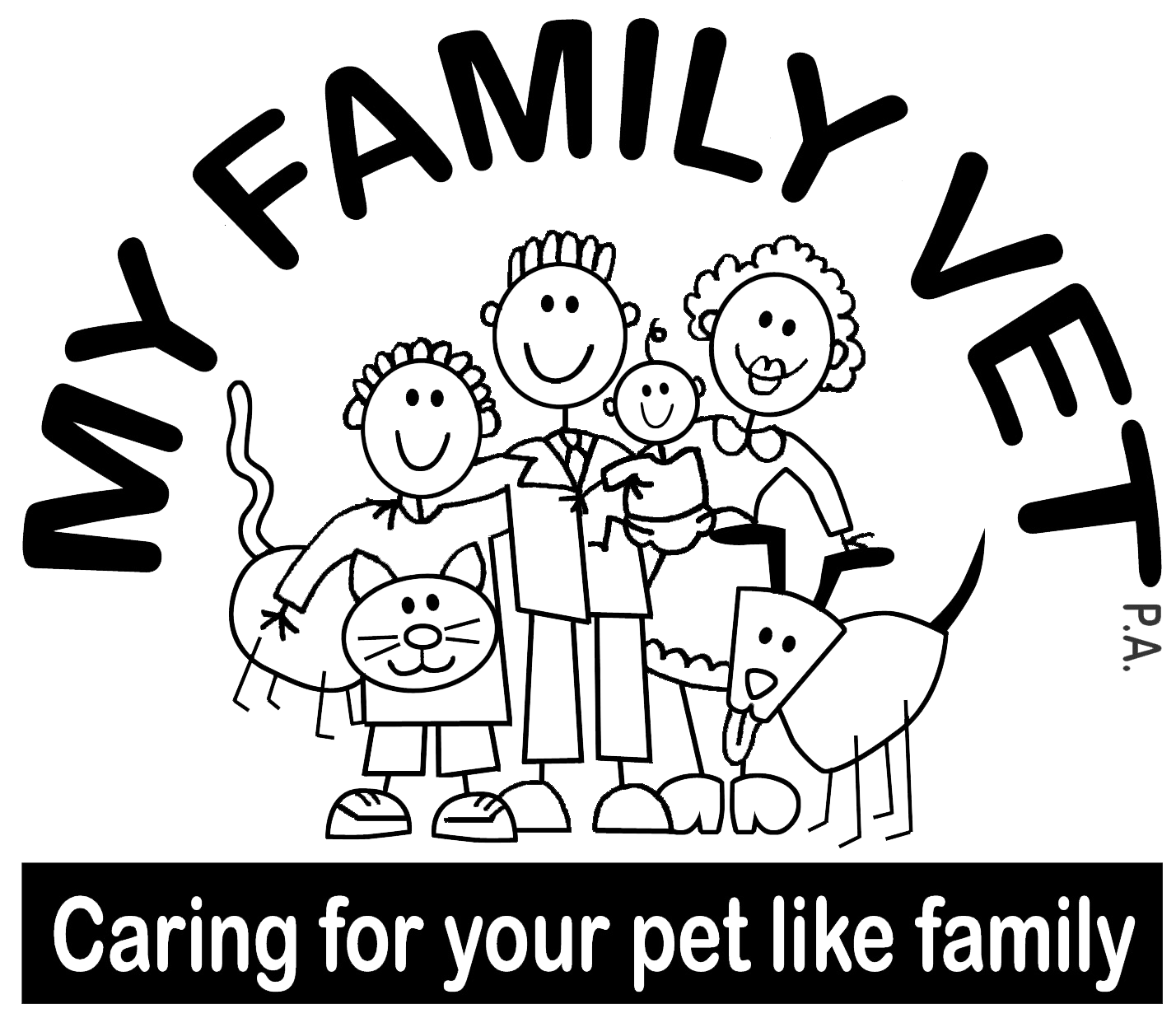Library
-
Loperamide is given by mouth and is used off label to treat signs of diarrhea. Give as directed by your veterinarian. Common side effects include constipation, bloat, and sleepiness. Do not use in pets that are allergic to it, that have diarrhea due to an infection or a toxin, or that are positive for the MDR1 gene. If a negative reaction occurs, please call your veterinary office.
-
Lorazepam (brand names Ativan®, Lorazepam Intensol®) is a benzodiazepine medication used off label to treat behavior problems such as anxiety, fears, and phobias in cats and dogs. It can also be used to treat seizures or to stimulate appetite in cats. It is given by mouth or injection. Do not use in pets that are allergic to it or other benzodiazepines, or that have severe breathing problems, or liver disease. If a negative reaction occurs, please call your veterinary office.
-
Lories and Lorikeets are small to medium size, energetic parrots. They come from southeastern Asia, Papua New Guinea, Australia, and Polynesia. They are fun-loving, social birds with a variety of brightly colored variations. Lories and Lorikeets can be high-maintenance pets and require a specific type of diet.
-
Grief is the normal and natural response to the loss of someone or something. It is a full body experience that includes physical, emotional, cognitive, social, and spiritual responses. Grieving takes time. Usually it gradually lessens in intensity over time, but if it doesn’t, then professional counseling may help.
-
Lotilaner is used to treat and prevent flea infestations and treat and control tick infestations in dogs and cats. After being administered to a pet, lotilaner is distributed throughout the body. When fleas or ticks bite the dog or cat, they are exposed to the drug and killed during their blood meal.
-
Lotilaner + moxidectin + praziquantel + pyrantel (brand name Credelio Quattro®) is a combination antiparasitic used to protect against ticks, fleas, heartworm disease, roundworms, hookworms, and tapeworms in dogs and puppies 8 weeks of age and older and weighing at least 3.3 lb (1.5 kg). It comes in a chewable tablet to be given monthly. Its use is currently only approved for dogs.
-
Lovebirds are inquisitive, playful, and spirited. Young, single lovebirds bond closely with their owners and can be a wonderful, affectionate, and interactive family pet. Most lovebird species originally hail from the continent of Africa. Like all other pet birds, lovebirds require annual, routine veterinary health check-ups.
-
Lufenuron is a medication that controls flea infestations in dogs, cats, rabbits, and ferrets. It is given by mouth in the form of a tablet or liquid to dogs, cats, rabbits, and ferrets. It may also be given by injection to cats. Side effects are uncommon but may include vomiting, diarrhea, lack of appetite, tiredness, reddening of the skin, or itchiness. Do not use in pets that are allergic to it. If a negative reaction occurs, please call your veterinary office.
-
Lumbosacral disease, or cauda equina syndrome, is caused by the narrowing of the spinal canal and results in compression of the spinal nerve roots; pressure on the nerves that exit the spine cause the clinical signs. This pressure may be due to a narrowed spinal canal caused by arthritis, intervertebral disc herniation, an infection in the disc, trauma, congenital malformation, or a spinal tumor. Dogs with lumbosacral disease are in pain. If the clinical signs and radiographs suggest lumbosacral disease, advanced imaging such as MRI or CT is recommended to make a diagnosis. Treatment involves either conservative medical treatment or surgical intervention.
-
Lung flukes are parasitic worms (trematodes) that infect cats’ lungs after they have eaten an infected crayfish or rodents that have eaten infected crayfish. Infected cats can be symptom-free or may develop cough with sometimes bloody mucus, pneumonia, pneumothorax, lethargy and weakness.



